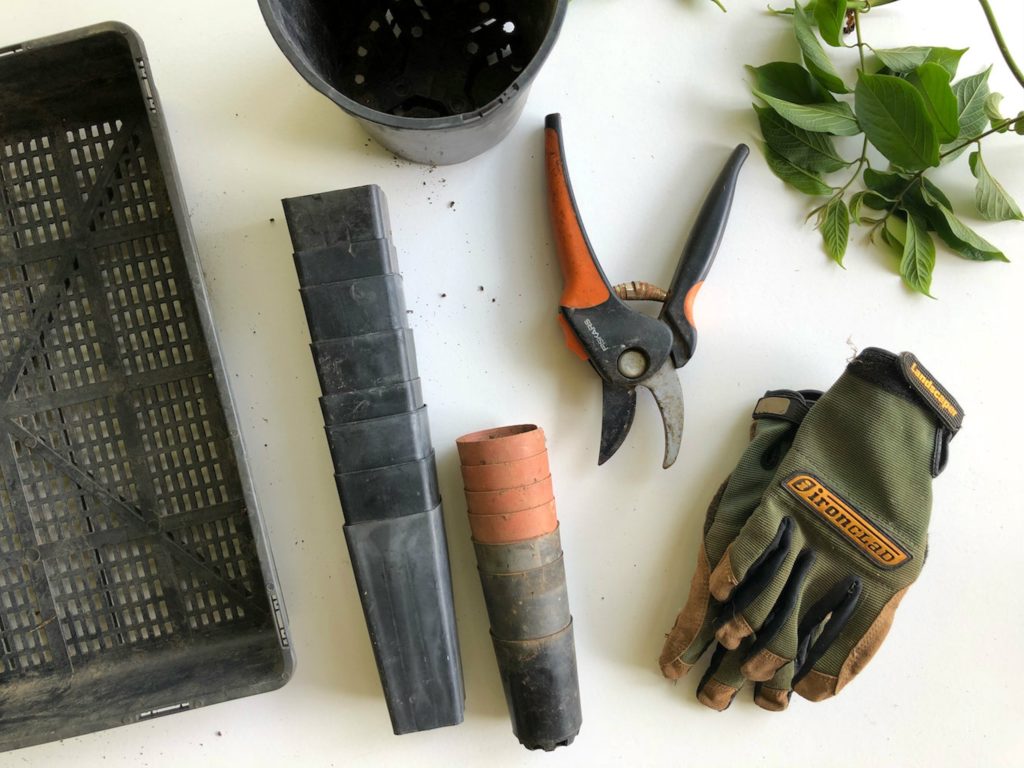Landscaping is a career fraught with scientific terminology and expert jargon. ClockWork helps those new to the industry become accustomed to the landscaping terminology that they’ll need to talk the talk.
General Terms
Softscape: living landscape features such as flora, grass, bush, trees, soil and mulch. Because these elements change with the seasons, they bring a sense of life and flow to the landscape.
Hardscape: non-living features such as pavement, walls, pagodas, and ponds. Hardscape elements give structure and depth to the landscape while providing support for flora.
Site plan: a detailed map of your client’s landscape that shows important features such as buildings, paths, and planting beds. Creating a site plan lets you plan your ideas and ensure everything will fit together before you start planting.
Plant Care Terminology
Annual: a plant that achieves development, at that point passes on totally in one growing season. In ice free atmospheres, a few annuals go about as perennials, living for different seasons.
Barrier plants: plants with thistles, thorns, spiky leaves or different obstructions that prevent individuals and creatures from crossing a boundary. They’re frequently utilised instead of wall to keep neighborhood children and pets from entering a territory.
Biennial: a plant that lives for two growing seasons. The principal year, it produces leaves and roots, at that point goes dormant for the winter. The following year, it produces blossoms, and dies.
Compost: nutrient rich soil framed from decayed natural matter, for example, leaves or kitchen leftovers. It’s utilised to improve soil with a low nutrient content or poor drainage.
Drainage: the rate at which water goes down through the dirt. Soil type influences drainage, with sandy and loamy soils depleting quicker than clay versions. Poor soil drainage causes an assortment of issues both for plants and hardscapes, however you can improve drainage by including compost, peat moss or other natural material.
Edging: a plainly characterized outskirt between independent regions of the scene, for example, the grass and flowerbeds. Normally produced using metal or plastic strips, stone masonry or wood, edging enables grass and flowers from spreading past their particular segments.
Job Types
Arborist: A real tree enthusiast. A specialist who cares and maintains trees. Everything from planting, to pruning and also diagnosing and treating diseases.
Landscape Designer: These independent professionals build a bridge between landscape architecture and garden design by combining nature and culture. In practice they conceptualise what can fit into a space and draw plans for its development.
Interiorscape Professionals: These professionals are experts in indoor plants and have an eye for detail. They may handle plant care, but most importantly have extensive knowledge on how to grow plants using the right nutrients, the effect of lighting on growth and what pollutants the plants can absorb.
Greenhouse Professional: These specialists know how to help birth plants from soil within a controlled greenhouse environment. This means knowing proper watering, fertilising, and weed care techniques to ensure that once planted, the plants will continue to thrive in their new location.
Lawn-care Technicians: These perfectionists keep lawns, parks and golf courses in top shape. They need to know when to water, what to use to amend the soil, and how to eliminate weeds. They know the difference between Fescue and Bermuda grass and when you use the one over the other.
Irrigation Specialists: Water equals life. These professionals understand this better than most and make sure the garden or landscape they are working on has an irrigation system that ensures longevity, whether its simply a hose based system or a fully automated & computerised technology. They are also experts in water conservation, so their clients save this precious resource.
If you would like to explore more careers in landscaping be sure to check out the Landscaping Industry Careers Website






